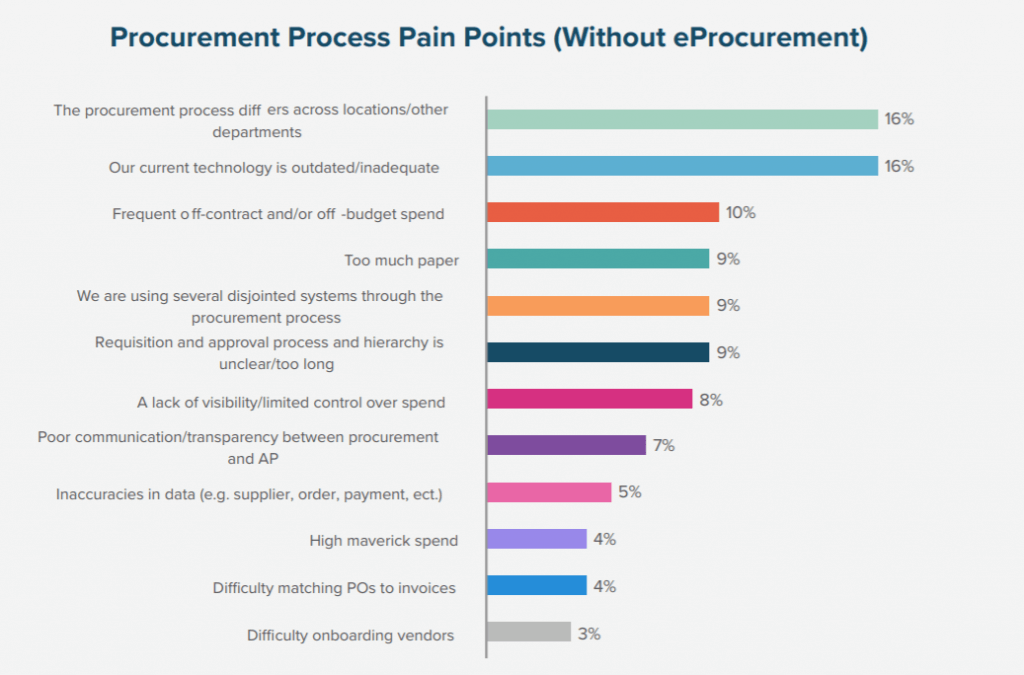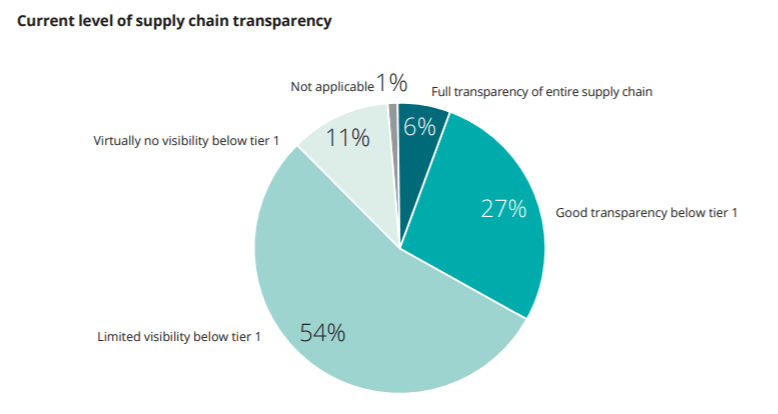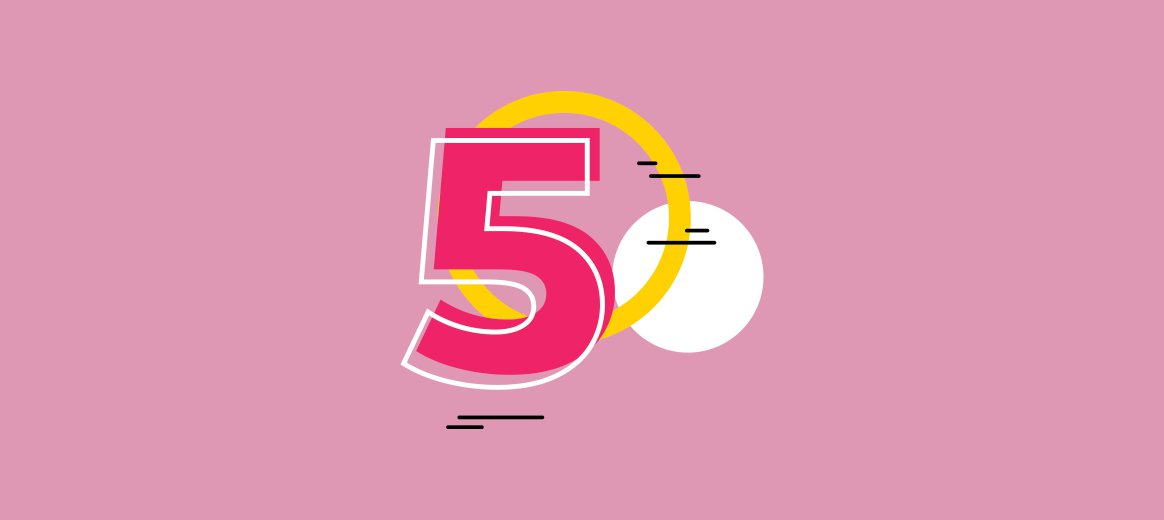Experts agree on the necessity of a different profile for the Chief Procurement Officer (CPO) of the future, but they differ on the traits that make up the characteristics of the future CPO. Some think that they must focus on customer-facing ability, market expertise and leadership instead of experience as a procurement professional. Others, like Kodiak Rating, believe that the future model has already arrived with technological interests, a “millennial mindset, tech-savvy talent” and master communication skills.
Looking at Current Trends
According to Levvel Research, the tendency of most organizations to use manual processes or outdated technology to manage their procurement system creates costs that managers may not fully understand. The lack of a process that properly controls spending in all departments, purchaser, and budgets can lead to high costs, and maverick spend.

A practical solution to the above is a cloud-based eProcurement software that brings all company spending into a controlled environment.
The advantages of an encompassing system that organizes data and makes it available to procurement professionals and upper management streamlines the process and supports strategic buying decisions. However, the success of the adoption of advanced procurement systems may depend on a CPO who understands the importance of forward-thinking and rejects the old-fashioned methods of the past.
The characteristics of the future CPO that can lead a company into improved and more efficient procurement policies include many of the traits that blend well with those of the CEO.
Characteristics of the Future CPO
1. Leadership
According to the results of the Global Chief Procurement Officer Survey, Deloitte confirms the essential nature of leadership as one of the desirable characteristics of the future CPO. Companies need a procurement focus that leans toward innovation and value, and you need a leader who can accelerate the rate of change.
Leaders who achieve results can enhance executive advocacy and business partnering. In procurement, they drive changes in talent, develop operational models and outrank others in many skill areas. They can impact suppliers through greater collaboration and supply chain cost and risk transparency. Leadership traits that can benefit you include serving as a role model. When you collaborate with others, you can help your company deliver value and get results.
2. Tech-savvy
Kodiak Community contends that the future of the chief procurement officer has already arrived. If you wonder whether you have the right characteristics of the future CPO, you may want to see how your grip on technology holds up. An experienced CPO devotes 25 percent of the time talking to industry leaders and technology companies to see how they approach challenges and motivate their teams.
You can get ahead of developing trends by accepting a methodology of “breaking down cross-partisan boundaries.” Advances in procurement technologies have the potential to reshape strategic as well as operational practices. Some trends toward developing a technology-first mind-set may include more reliance on wearable tech instead of your old Blackberry or desktop.
Some refresher courses at your local college can motivate you to think of improvements that you can implement. A successful CPO uses technology to leverage opportunity through advances such as data analytics to identify cost reduction opportunities that can drive business value. In recent blogs, we discussed how both big data analytics and spend analytics are impacting procurement.
3. Adapting the Workforce to Modern Procurement
Some findings in the Deloitte Global CPO Survey for 2018 reveal that a shift in focus towards innovation and value “requires acceleration in the pace of change.” One that lags and indicates the need to bring a workforce up to date on contemporary thinking relates to supply chain transparency. The study showed that 65 percent of procurement leaders have almost no visibility beyond their tier 1 suppliers.

As a telling statistic that may give you a goal to achieve, more than half of procurement leaders believe that their teams have “insufficient skills and capabilities” to deliver on a company’s procurement strategy. A further sign of the need to adapt workers to modern procurement methods shows up in the statistics. Only 33 percent of leaders in procurement believe that their “digital procurement strategy” gives them the ability to “deliver on organizational objectives and value.”
A recent report by DHL lists leadership qualities, strategic thinking, operational expertise, creativity, and analytical skills as the required traits of a modern procurement professional. As a forward-thinking CPO, you should be looking to ensure your workforce is skilled in these areas.
4. Market Expertise
Some experts view sourcing as the strategic part of procurement and the primary mechanism that the procurement department develops to deliver savings. Success in sourcing often equates to departmental achievement. Departments that automate the process to leverage spend analysis directly into eSourcing projects can measure supplier performance and use it to improve operational effectiveness and stakeholder engagement.
The ability to run an effective sourcing program ranks as one of the key characteristics of the future CPO. Three types of analytical capabilities that may put you in line for advancement to the top position in procurement include data analysis, category management, and supply market expertise. Mastery of the sourcing process comes from blending art with science, matching your skills with technology to achieve the best options for your career advancement and the company’s profit line through eSourcing.
5. Focus on Cost Reduction
78 percent of the 500 procurement leaders around the world who responded to the Deloitte 2018 survey put cost reduction as their top business strategy.

Many procurement teams are now being challenged by their CFO with the difficult task of reducing costs, while at the same time maintaining the same level of goods and services. As such, the characteristics of the future CPO need to include a focus on cost reduction as well as on technology and market research. With spend analysis reports, CPOs can better understand their team’s spending patterns and work on reducing costs, which may involve re-negotiating contracts with suppliers or establishing rules over preferred suppliers.
The role of the procurement function is currently going through a period of change, with cost reduction, risk and supply chain management, and compliance all now falling within its remit. For aspiring CPOs or anyone new to the role, such changes and added responsibilities mean that the characteristics of the future CPO will be drastically different to those of the past, with a focus on leadership, technology, market expertise and cost reduction central to the role.



